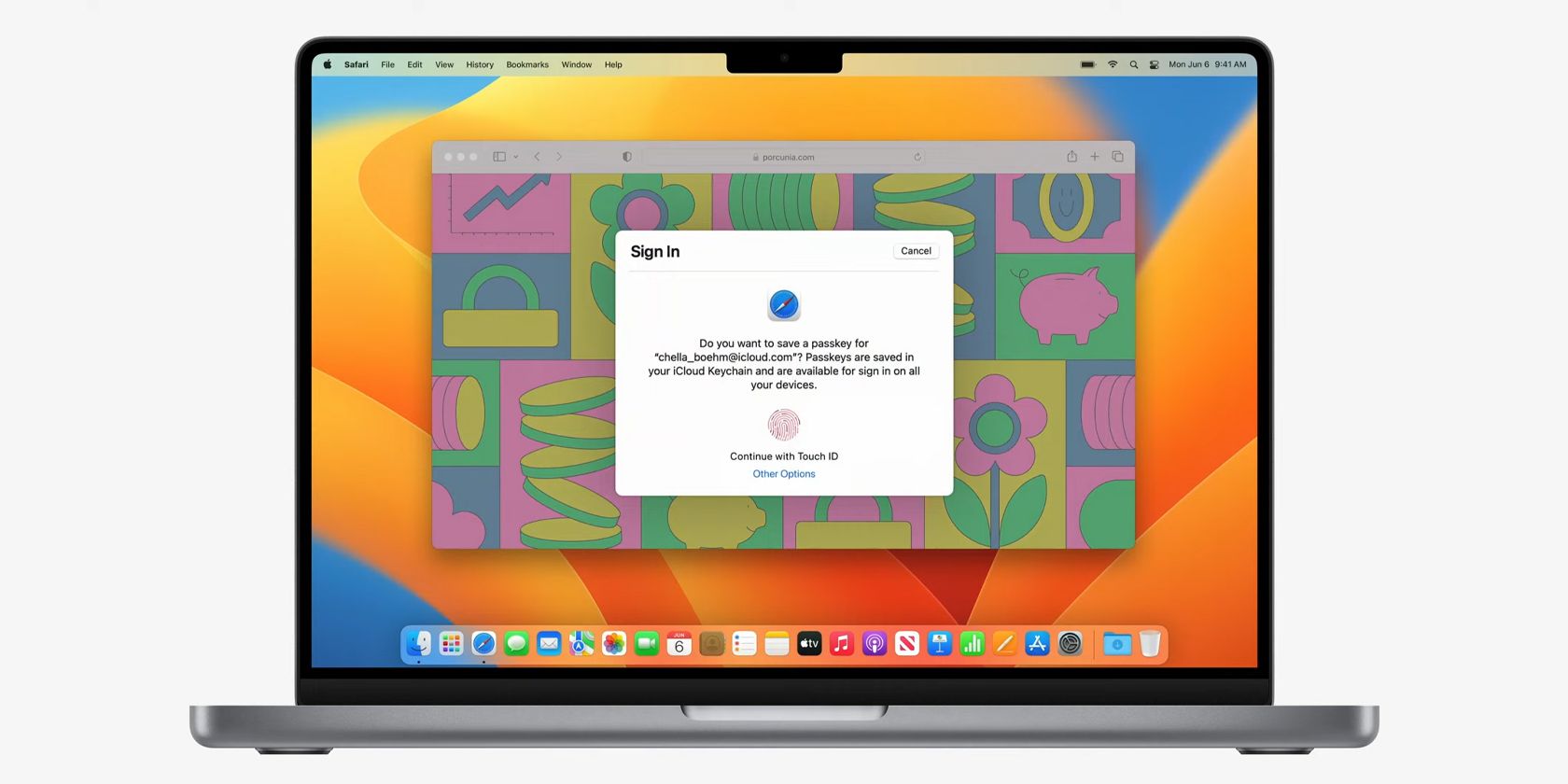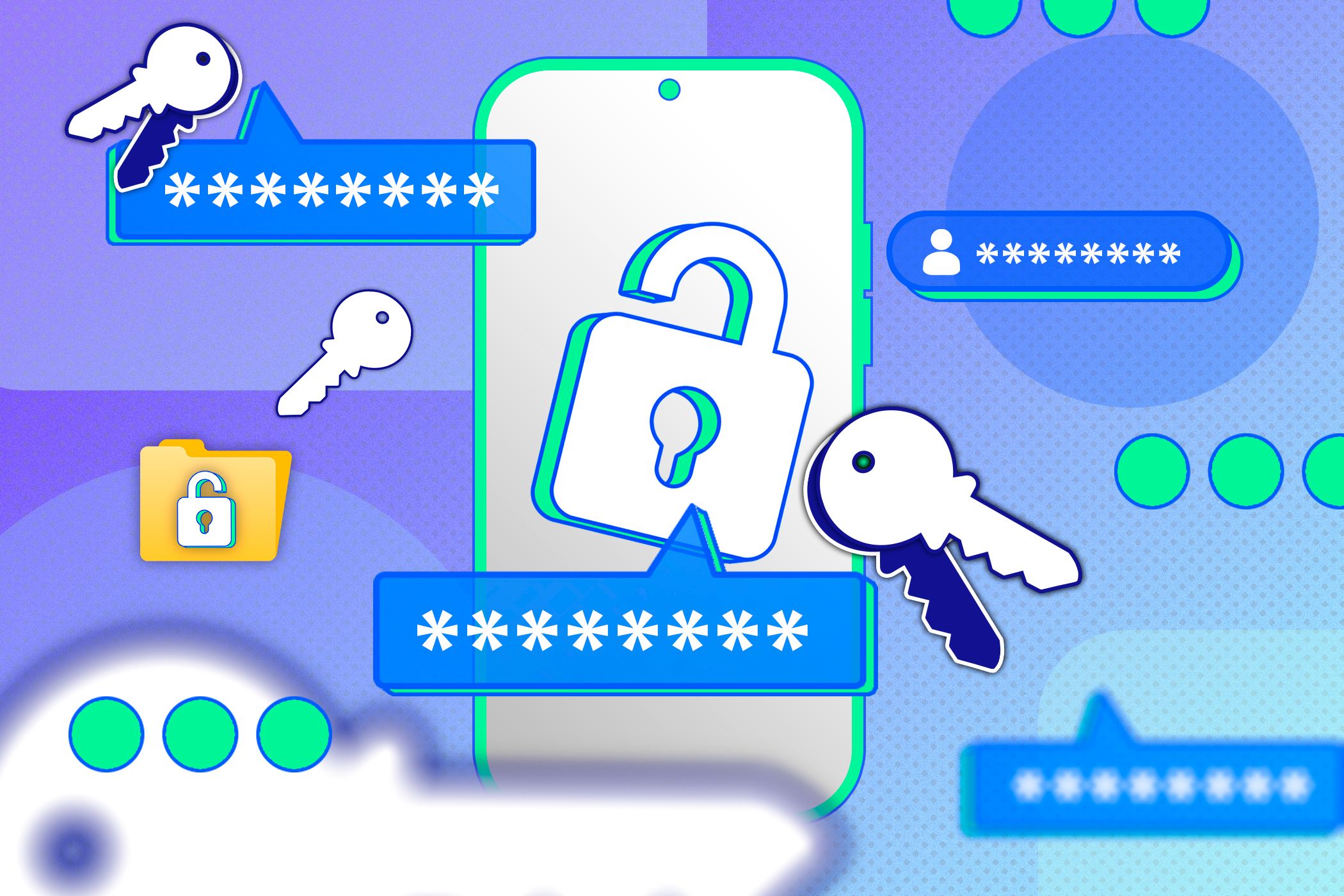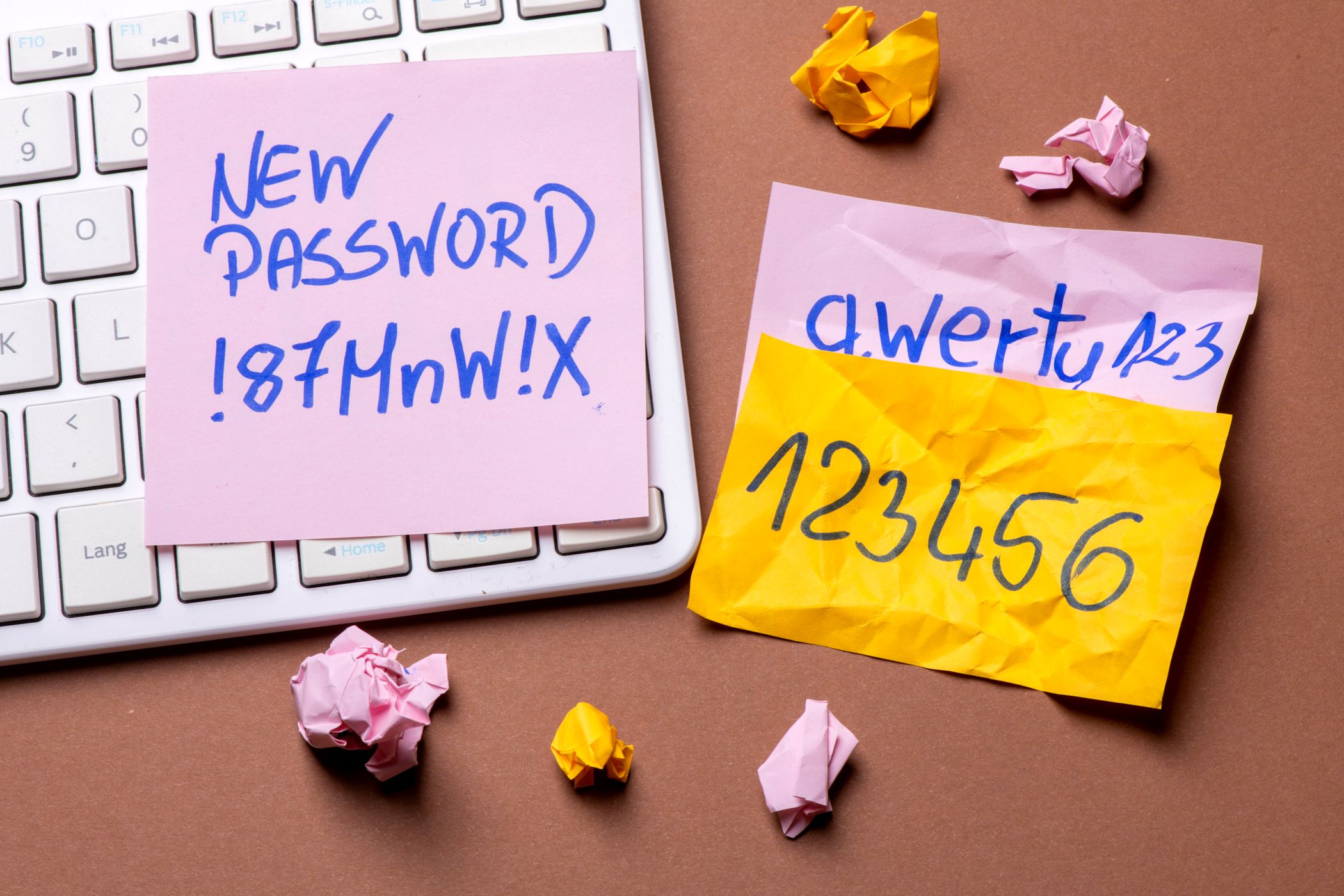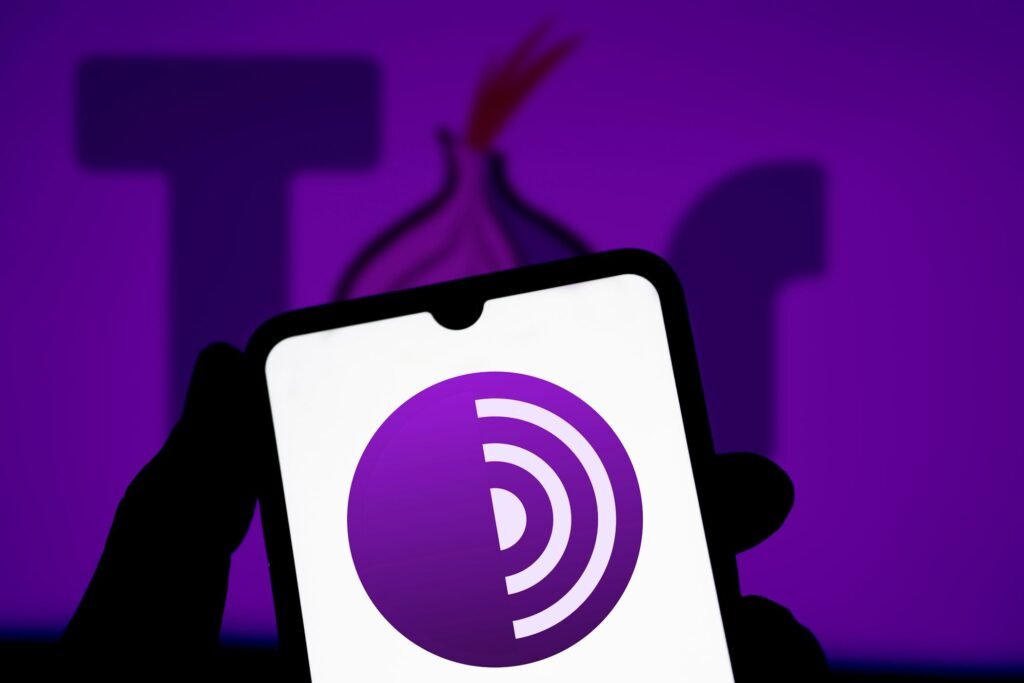Summary
- Passkeys are an easy to set up, user-friendly option for those looking to move away from traditional passwords.
- They’re secure and phishing-resistant, given that they rely on auto-generated cryptographic keys.
- Passkeys are a future-proof alternative to traditional passwords and don’t require resetting.
Tired of setting different complex passwords for each online account, only to reset them every so often? With passkeys, the modern alternative to traditional passwords, you won’t have to worry about remembering, managing (with or without a password manager), or resetting your passwords again.
1. User-Friendly and Easy to Set Up
There are several tips to create unbreakable passwords, but you can’t, unfortunately, use just a single complex password across all your accounts. To keep your accounts secure, you must create strong and unique passwords for every account. This sounds simple in theory, but managing dozens of complex passwords can be challenging.
If you want to do away with the hassle of having to remember multiple passwords—or even a single master password if you happen to use a password manager—passkeys are a nifty alternative. They’re fairly easy to set up and don’t require anything more than just your devices to authenticate.
2. Secure and Phishing-Resistant
Passkeys are generally considered more secure than user-generated passwords. And unlike traditional passwords, they’re also resistant to phishing attempts. Passkeys rely on auto-generated cryptographic keys—one of these (the private key) is stored on your device, while the other (the public key) is shared with the online service you’re trying to log into.
Given that the private key never leaves your device, it’s impossible for a cybercriminal to access your account even if they gain access to the public key in a data breach. Also, since you don’t have to enter your passkey manually, you don’t have to worry about falling for a phishing scam and accidentally keying in your credentials into a malicious website.
3. Future-Proof Alternative to Passwords
You’ve likely noticed the option to set up and use passkeys on several platforms, including Google. This means you can finally ditch the password and use passkeys for at least some of your accounts. In fact, a 2024 survey commissioned by the FIDO Alliance revealed that 53% of the respondents have enabled passkeys on at least one of their online accounts and that nearly a quarter have enabled them on all their accounts.
Given the rapid pace at which businesses across the world, from Apple to Microsoft, Amazon, GitHub, PayPal, Nintendo, and more, have adopted the technology and the rate at which users seem to be taking to this more secure login method, it’s safe to assume that passkeys will quickly replace traditional passwords. By becoming an early adopter, you can benefit from the security benefits and streamlined login experience of being password-free.
4. Eliminates the Need to Reset Passwords
Cybersecurity experts recommend changing your passwords every so often to maintain the security of your online accounts. While some recommend changing these credentials every three months, others take a more situational approach, noting that a password reset is only required in the event of a data breach or a security incident.
Regardless, you can see how managing and setting your passwords can become a continuous and time-consuming process. With passkeys, you eliminate this hassle. This takes the onus of remembering and resetting your passwords off your shoulders.
How to Go About Making the Switch
While I might not stop using passwords entirely, I’ve begun setting up passkeys for various online accounts. If you, too, are considering switching from traditional passwords, there’s no better time than now to start using passkeys.
If you’ve never used passkeys before, it’s a good idea to enable them for your most frequently used or high-security accounts first. This way, you get used to how they work and can begin using them for all your accounts in time.









